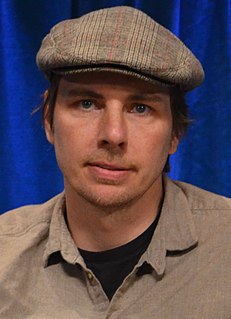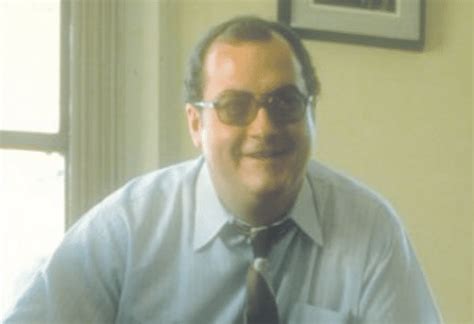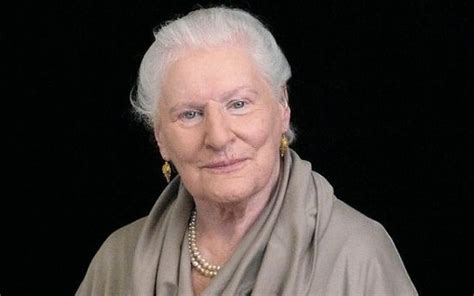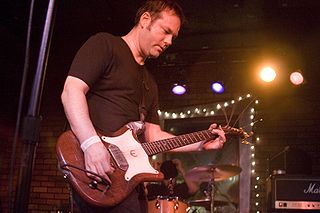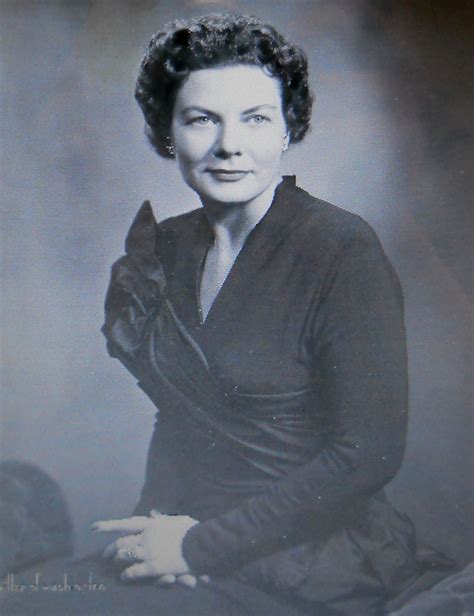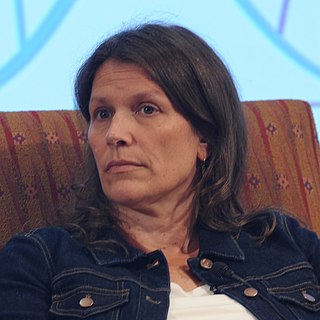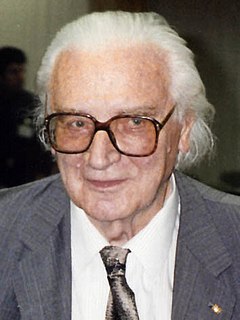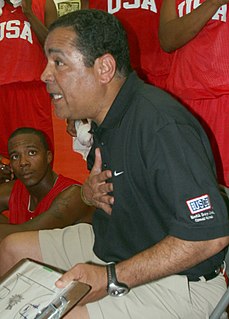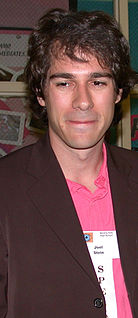A Quote by Russell Baker
An educated person is one who has learned that information almost always turns out to be at best incomplete and very often false, misleading, fictitious, mendacious - just dead wrong.
Related Quotes
Trading has taught me not to take the conventional wisdom for granted. What money I made in trading is testimony to the fact that the majority is wrong a lot of the time. The vast majority is wrong even more of the time. I've learned that markets, which are often just mad crowds, are often irrational; when emotionally overwrought, they're almost always wrong.
You don't always have to go so far as to murder your darlings – those turns of phrase or images of which you felt extra proud when they appeared on the page – but go back and look at them with a very beady eye. Almost always it turns out that they'd be better dead. (Not every little twinge of satisfaction is suspect – it's the ones which amount to a sort of smug glee you must watch out for.
Television is altering the meaning of 'being informed' by creating a species of information that might properly be called disinformation. Disinformation does not mean false information. It means misleading information - misplaced, irrelevant, fragmented or superficial information - information that creates the illusion of knowing something, but which in fact leads one away from knowing.
Whenever you see some business person quoted complaining about how he or she can't find workers with the necessary skills, ask what wage they're offering.
Almost always it turns out what said business person really wants is highly (and expensively) educated workers at a manual-labor wage. No wonder they come up short.
Of course the thoughts and awareness are there, but it's all incomplete and often fanciful - kids know there's something to know, and they fill in a bunch of the blanks with their imaginations if their parents haven't had the conversations and/or established themselves as sources of information. It's rare that the kids know nothing at all, and the somethings they do know are often only partially right or flat-out wrong.
Of course, we knew that the official reports were sketchy, if not falsified. But, in terms of information theory, this is precisely where the problem lay: How were we to reconstruct reality from incomplete or false reports? It is not true that virtually all news in a totalitarian state is false. On the contrary, most news is completely correct, albeit tendentiously slanded; it is just that certain information is suppressed. One can adjust for the political slanting of the news, but there is virtually no way to fill in the omissions.
Usually I work out the plot before I start. This time I thought: Writers always talk about not knowing where a book is going - -I want to experience that, too. What I found out is that it's very interesting, but it takes much longer because you have so many false starts. You take wrong turns and you have to go back and start the whole chapter, or the whole section, from scratch.

